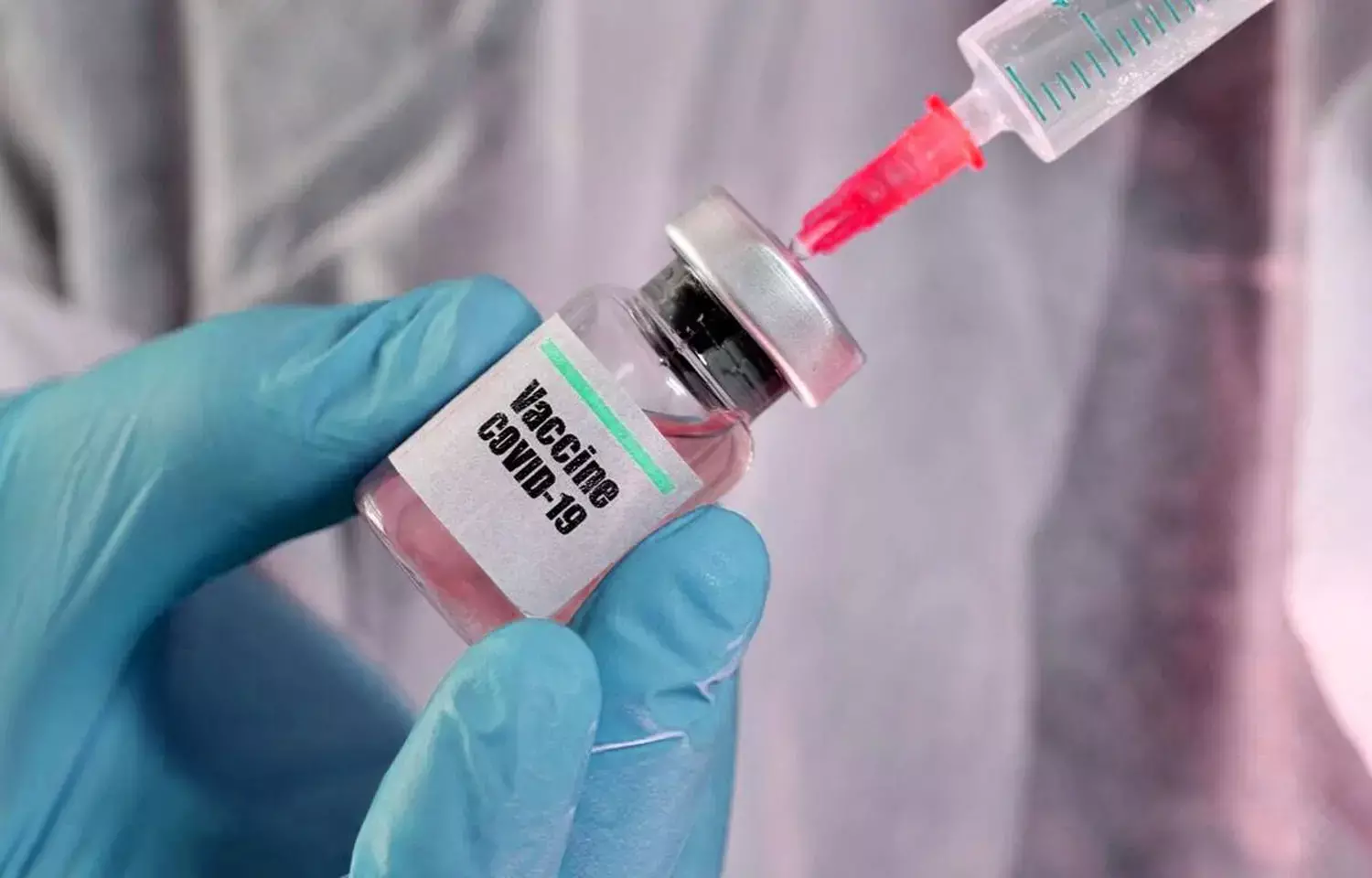- Home
- Medical news & Guidelines
- Anesthesiology
- Cardiology and CTVS
- Critical Care
- Dentistry
- Dermatology
- Diabetes and Endocrinology
- ENT
- Gastroenterology
- Medicine
- Nephrology
- Neurology
- Obstretics-Gynaecology
- Oncology
- Ophthalmology
- Orthopaedics
- Pediatrics-Neonatology
- Psychiatry
- Pulmonology
- Radiology
- Surgery
- Urology
- Laboratory Medicine
- Diet
- Nursing
- Paramedical
- Physiotherapy
- Health news
- Fact Check
- Bone Health Fact Check
- Brain Health Fact Check
- Cancer Related Fact Check
- Child Care Fact Check
- Dental and oral health fact check
- Diabetes and metabolic health fact check
- Diet and Nutrition Fact Check
- Eye and ENT Care Fact Check
- Fitness fact check
- Gut health fact check
- Heart health fact check
- Kidney health fact check
- Medical education fact check
- Men's health fact check
- Respiratory fact check
- Skin and hair care fact check
- Vaccine and Immunization fact check
- Women's health fact check
- AYUSH
- State News
- Andaman and Nicobar Islands
- Andhra Pradesh
- Arunachal Pradesh
- Assam
- Bihar
- Chandigarh
- Chattisgarh
- Dadra and Nagar Haveli
- Daman and Diu
- Delhi
- Goa
- Gujarat
- Haryana
- Himachal Pradesh
- Jammu & Kashmir
- Jharkhand
- Karnataka
- Kerala
- Ladakh
- Lakshadweep
- Madhya Pradesh
- Maharashtra
- Manipur
- Meghalaya
- Mizoram
- Nagaland
- Odisha
- Puducherry
- Punjab
- Rajasthan
- Sikkim
- Tamil Nadu
- Telangana
- Tripura
- Uttar Pradesh
- Uttrakhand
- West Bengal
- Medical Education
- Industry
Second shot boosts protection for moderate-severe Covid-19 to 94 percent: JnJ

New Delhi: Johnson & Johnson said Tuesday a second shot of its COVID-19 vaccine given about two months after the first increased its effectiveness to 94% in the United States against moderate to severe forms of the disease.
That compares to 70% protection with a single dose.
The data will help J&J make its case to U.S. regulators for a booster shot even as the company stresses the durability of its single-shot vaccine as a tool to ease the global pandemic.
President Joe Biden is pushing for booster shots in the face of surging hospitalizations caused by the Delta variant and J&J, the only drugmaker with a single-shot COVID-19 vaccine approved in the United States, has been under pressure to produce evidence on the effectiveness of an additional dose.
The company has now "generated evidence that a booster shot further increases protection against COVID-19," Dr. Paul Stoffels, J&J's chief scientific officer, said in a statement.
J&J said a booster given two months after the first dose increased antibody levels four to six-fold. When given six months after the first dose, antibody levels shot up twelve-fold, data released last month showed, suggesting a large improvement in protection with the longer interval between doses.
Side effects with two doses were comparable to those seen in studies with the single-dose vaccine. The data is yet to be peer reviewed but will be submitted for publication in the coming months.
To date, only Pfizer Inc/BioNTech SE have submitted sufficient data for U.S. regulators to evaluate whether boosters are warranted ahead of the Biden Administration's Sept. 20 deadline for rolling out booster shots. A decision on that vaccine is expected this week.
On Friday, an FDA advisory committee voted to recommend emergency authorization of additional Pfizer shots for Americans 65 and older and those at high risk of severe illness, but voted to recommend against broader approval, saying they want to see more data.
J&J said it has submitted data to the FDA and plans to submit it to other regulators, the World Health Organization and other vaccine advisory groups worldwide to inform their decision-making.
The Phase III two-dose trial of up to 30,000 participants tested the effectiveness of a second dose given 56 days after the first in adults 18 and older.
While the study found that two doses of the J&J vaccine was 94% effective in the United States at preventing moderate to severe disease, there was only 1 case in the vaccine group and 14 in the placebo group, resulting in a wide confidence interval and raising questions about the certainty of the result.
The study had a short follow-up period of around 36 days, but found that a second dose was well tolerated, the company said.
The company also said on Tuesday that evidence from a separate real world study of nearly 400,000 people in the United States who got the J&J shot showed the vaccine was 79% effective at preventing COVID-19 infections and 81% effective at preventing hospitalizations compared with 1.52 million people of similar ages, genders and health issues who were unvaccinated.
J&J said there was no evidence of reduced effectiveness over the study's duration from March to late July - a period that included the impact of the Delta variant.
Vaccine effectiveness in the real world study varied by age. For those under age 60, the vaccine was 86% effective at preventing hospitalization versus 78% for those 60 and older.
Ruchika Sharma joined Medical Dialogue as an Correspondent for the Business Section in 2019. She covers all the updates in the Pharmaceutical field, Policy, Insurance, Business Healthcare, Medical News, Health News, Pharma News, Healthcare and Investment. She has completed her B.Com from Delhi University and then pursued postgraduation in M.Com. She can be contacted at editorial@medicaldialogues.in Contact no. 011-43720751
Next Story


